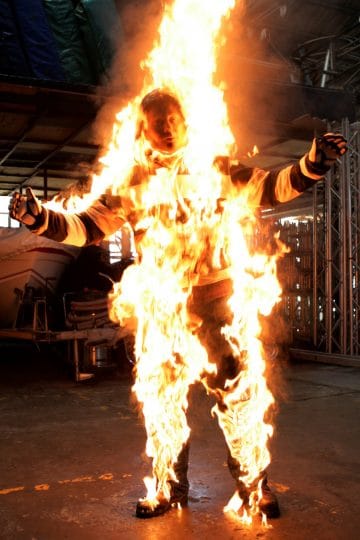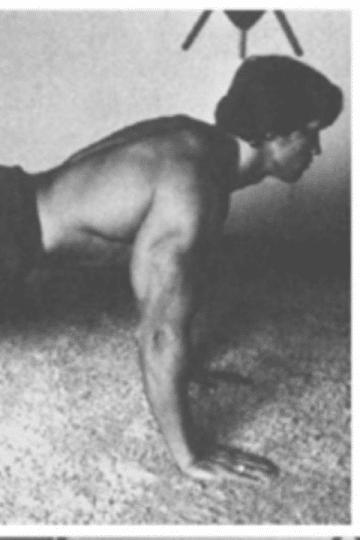The regimes of masculinity
Fitness
Matthew Sperling, author of new book 'Astroturf', writes about the significance of the gym in modern life and what bulking up says about us as men.
Gyms are ambiguous spaces. Often windowless and soundproofed, they seem to exist outside of night and day. People visit them in their leisure time, to do things that seem like exhaustingly hard work. They exist outside of family life or romantic relationships, but for many people they are where one’s sense of sexual attractiveness is fostered. They are mostly private, and often expensive to access, but are intimately shared with strangers. And while people often go to the gym in pairs or groups, the things they do there are fundamentally individualistic. Even the gym buddy who spots your bench press can’t truly collaborate with you in lifting the weight.
What is the significance of the gym in contemporary life? Many answers to this question understand the rise of gym-going as a symptom of crisis, pathology or anxiety. A crisis of masculinity, in the widespread feeling among young men that it would be shameful to be seen in public if you didn’t have big guns and visible abs. Or an epidemic of body dysmorphia disorder. Or a panic response to post-industrial life. ‘Nothing can make you believe we harbour nostalgia for factory work but a modern gym’, writes Mark Greif in his influential essay, ‘Against Exercise’. For Greif, all the heavy lifting that goes on in the gym represents the conversion of bodily life into a machining task, and the people who voluntarily submit themselves to the treadmill are living out late capitalism as a Kafkaesque nightmare.
There is some truth in each of these explanations. But they each require a good dollop of special pleading. They need to ignore the fact that being relatively fit and healthy is straightforwardly more desirable, and more conducive to wellbeing, than being relatively unfit and unhealthy. And they miss out the strange joy to be found in the weird performances the gym requires. They miss out how, in the words of Kathy Acker, ‘bodybuilders experience bodybuilding as a form of meditation’.
My novel, Astroturf, published last month, is partly a story about the gym and its digital extensions – online bodybuilding forums – as spaces in which men encounter each other in unusually charged conditions. Having been a fascinated gym-goer, though one of wavering commitment, for many years, I found these encounters especially rich in their fictional possibilities. Narrative is driven by change, and gyms are spaces in which people can successfully bring about changes, not just in their bodies but in their sense of their own agency and self-possession, their ability to act in the world and control their lives. And they successfully achieve this through the paradoxical means of carrying out tasks that are not just deeply repetitive, but based on pushing their bodies to failure.
This is part of what my protagonist, Ned, gains from the gym:
Ned realised that the point wasn’t the lifts themselves; the point was to create an occasion for an encounter with his own limitations. Success was achieved by pushing his muscles to the point of failure; coming up against his limits was the way to push his limits further in the next session.
Having reached this realisation, however, and having fast-forwarded his way to bodily success through the use of anabolic steroids, Ned begins to push his limits in relation to his fellow gym-goers in other, less admirable ways. The sense of community Ned had initially found in online forums, combined with his new sense of enterprise and self-determination, give him the means to play a classic confidence trick. Novelists ought to steer clear of offering interpretations of their own work, but one pleasing response to Astroturf has been the suggestion that it shows how under our current regimes of masculinity, success is itself a form of crisis.

Astroturf by Matthew Sperling
A funny and subversive look at the world of steroids and the manipulation of identity.
www.amazon.co.ukTrending

Join The Book of Man
Sign up to our daily newsletters to join the frontline of the revolution in masculinity.


















